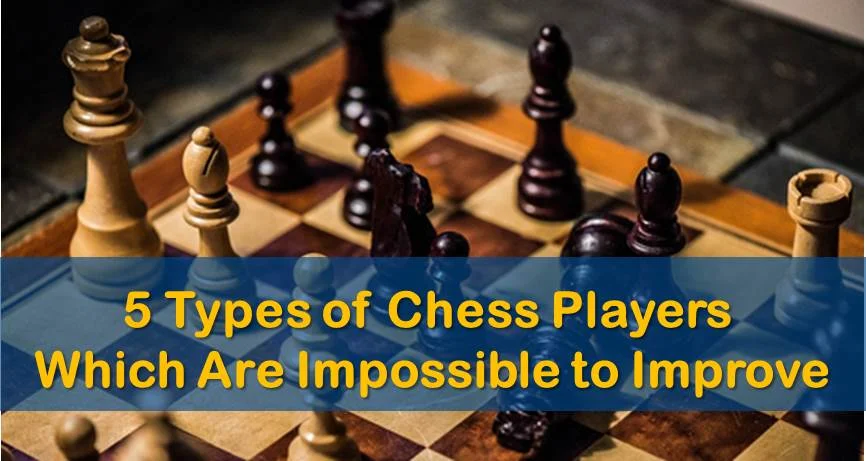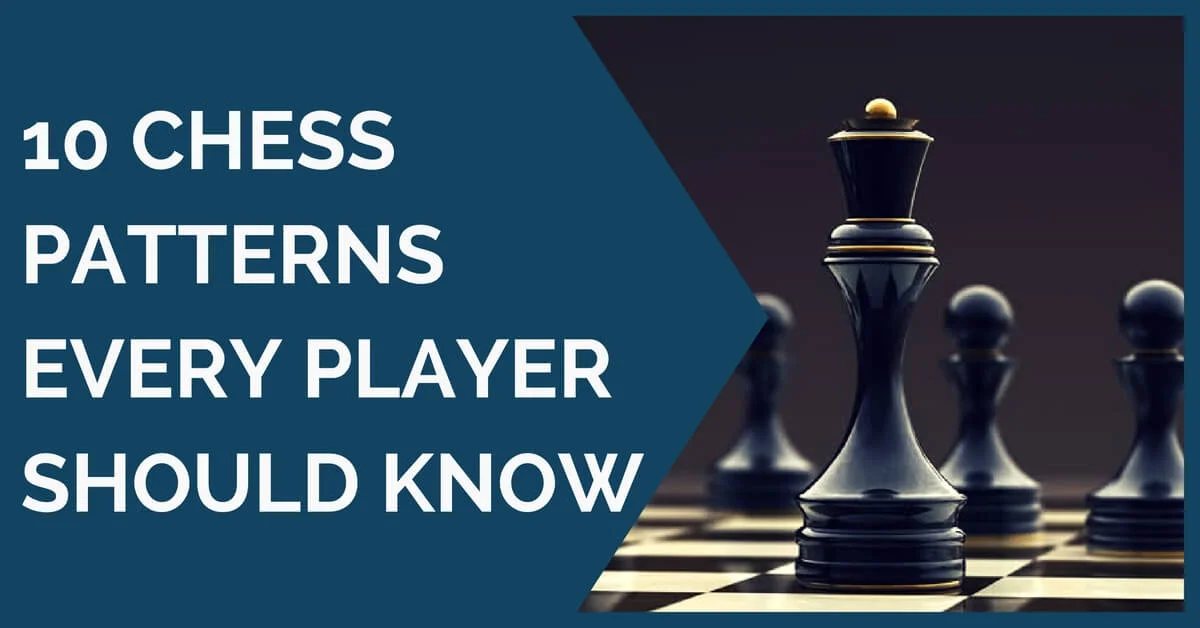Learn to Play Chess: Beginner’s Guide
Today’s article will be dedicated to a very beginning type of chess players. Let’s assume you already know how to play chess (move pieces, castle, checkmate). That means, you have already reviewed the chess rules or something similar. The next step would probably be playing against some sort of online opponents or maybe even over the board ones.
Chances are, no matter where you have decided to test you chess abilities, online or over the board, the result will not be a very satisfactory one. Since it’s one of your very first chess games you will most likely lose. It’s perfectly okay. Then, there are two options, either you give up this game right away or you will start looking things up that can help you learn to play better chess. If you still reading this article, the chances are that you belong to the second type of players, want to learn chess and willing to invest some time and effort into it. Lets start to learn.
Things to know before you start
Chess does not show your IQ. If you have lost a game of chess it tell nothing about your ability to play chess. It only tells that at this exact moment, under these exact circumstances you were outplayed. When that happens you should ask yourself a “why” question and work on fixing the cause. That way you will greatly improve your game. I will discuss it later in greater detail. For now, the most important point to keep in mind that chess is not something inherent or given to you at birth, but chess is a combination of skills that can be trained.
If you absorb the information from step one, you should also note that it is a true for anyone. Even the weakest chess player can and will improve dramatically if he or she does the right things, go through the right drills.
The weaker a chess player is, the more room for improvement there is, meaning that with the least amount of effort you can increase your ELO rating by more points. Once you become stronger and gain certain number of points it will harder to moved up in rating.
How to begin?
When people want to improve at chess they usually do one of two things. The first option is buying a bunch of complex opening books and dive right into the modern opening theory without understanding what’s really going on. The second option is to buy no books at all and keep playing and playing, keep losing and losing and never understand why that happens. These approaches are of course a little exaggerated, and something in between these two exists as well, but they are in fact not the best ways to learn chess.
What are blunders and how to avoid them?
The key in making progress for chess beginners is to illuminate the main cause of loses. I bet you already know what I’m talking about – blunders. There are many definitions of the word ‘chess blunder’, but let’s stick to one that is clear and intuitive. Blunder is a very bad move (??) caused by carelessness or tactical oversight. The problem with blunders is that they tend appear randomly throughout the games of beginners and mess things up quite a lot. This is why games of novice players are rarely decided by such subtle factors as a better pawn structure or an extra pawn. Even if your opponent is a few pawns up in the middle game, he might blunder a rook and lose the game.
To win the game on a novice level, you just need to make less blunders than your opponent does. Which simply means stop dropping pieces for no reason. It’s a lot better to avid blunders at all, but how to do it? It is not as hard as it sounds. Of course, you cannot eliminate blunders at all, even the great ones do it, remember the V. Kramnik missing the mate in one in the game against Deep Fritz.
Rule: before making a move look at the chess board and check if you not getting mated next move and if all you pieces and pawns are safe and cannot be captured at least one move ahead. That also applies to the move you about to make, before you do, make sure the piece you moving will not be captured for free.
If you apply this simple rule after each and every move, you will notice that the amount of blunders you make will drastically reduce. The number of games you win will increase proportionally.
Training Routine
If you apply the ‘move checking advice’ your chess will improve and after some practice you will be able to visualize the whole chess board with all the pieces and do all these things (checking for blunders, mates, etc.) automatically.
Tactics
However, to progress further you need more things to take care of. The most important thing that a novice chess player should work on is tactics. Actually, most blunders are caused by some sort of tactical oversight (maybe primitive). At first you should start with very simple problems, such as setting up forks, pins and skewers in one move. If you not sure what these words mean check out our chess dictionary.
Next, you should work on checkmates. They are similar type of tactical problems to fork/pins but here you need to checkmate the opponent in specified amount of moves.
Solving tactics in chess is like building muscles in the gym. First, you start by using light weights and then by consistently training and varying the workout routing you move up in weight and also in muscle mass. In chess, you start by solving easy problems, when your brain gets accustomed to the chess work, you will move up from mate in 1 to mate in 2, then to mate in 3 and 4 and so on. Skipping steps is not recommended, just like in the weight room, you don’t want to use 50 pound dumbbells if you cannot quite finish the exercise with 25 pound ones. It might lead to an injury.
Endgames
Endgames is something that is often overlooked and neglected. Novice players rarely work on this stage of the game thinking that the most fun happens in the middle game. That maybe true, but if your goal is not just to have fun from chess, but also win some games endgames is definitely the part of chess you should focus on. The bare minimum for endgame theory of a beginner is to be able to checkmate alone King with 2 Rook, Rook + King and Queen + King.
For more in depth endgame tutorial I recommend reviewing Endgames and especially Endgame Strategies or How to Win more Games .
By following the suggestions above you will lay a solid foundation for the further improvements at chess and become an overall better chess player.
Ready to learn to play chess? Check out our store and articles:



![The Ultimate Chess Training Guide [Worksheets Enclosed]](https://thechessworld.com/wp-content/uploads/2017/07/4ultimate-chess-training.webp)






Comments: